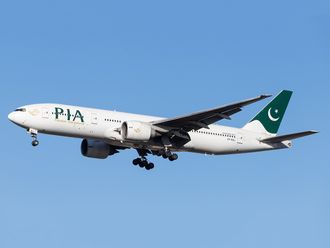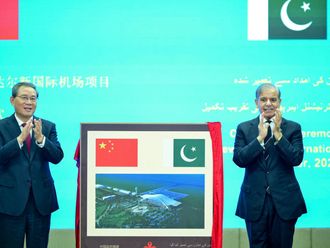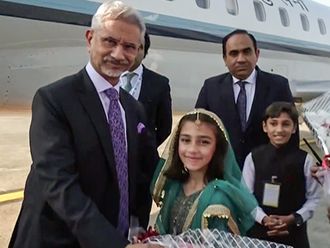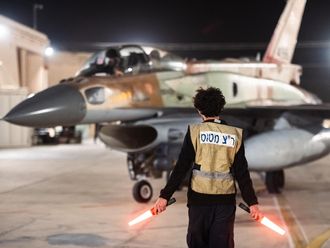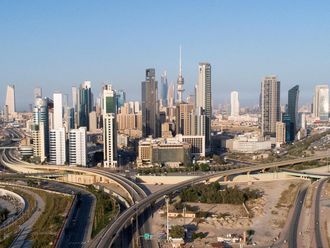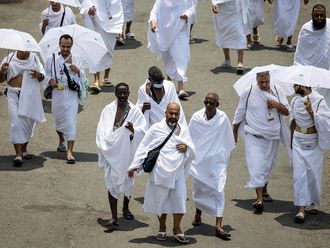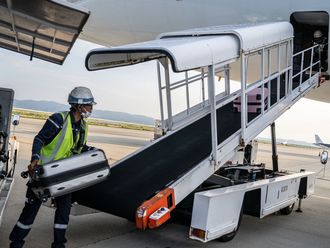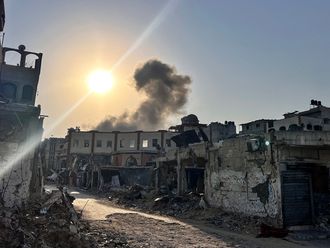
Vienna: Pakistan became the new chair of the U.N. nuclear watchdog's governing body on Monday, despite being outside a global anti-nuclear arms pact and home to a nuclear smuggler who supplied Iran and North Korea.
Western diplomats have suggested they do not see the choice as ideal because -- like India, North Korea and Israel -- Pakistan has shunned the Non-Proliferation Treaty (NPT) that is at the heart of the International Atomic Energy Agency's work.
But Western powers did not oppose the nominee of a group of Middle East and South Asia member states at a meeting of the IAEA board on Monday, which approved the choice by acclamation, one diplomat who attended the closed-door session said.
Pakistan is a longstanding member of the Vienna-based IAEA and the choice was within its rules.
The one-year board chair position rotates between regions, who put forward their own nominee, and entails chairing debates of the IAEA's 35-nation decision-making body and helping them reach consensus decisions.
It does not give Pakistan individual powers to decide U.N. nuclear policy. Malaysia currently chairs the board.
Iran and North Korea, seen as major proliferation risks by the West, are believed to have benefited from a nuclear smuggling ring run by Pakistani scientist Abdul Qadeer Khan, the father of Pakistan's atomic bomb and a national hero.
He confessed on television in 2004 to selling nuclear secrets to Iran, North Korea and Libya. Pakistani authorities denied any connection to Khan's smuggling ring but have never let foreign investigators question him.
Some analysts say Pakistan's nuclear arsenal and stockpile of weapons-grade material pose a risk in the region because of internal security threats from the Taliban and Al Qaeda.
According to the Stockholm International Peace Research Institute, Pakistan has about 60 warheads while regional rival India has 60-70. Both nations conducted nuclear tests in 1998.
Heaping pressure on Pakistan, a high-level U.N. meeting called on Friday for talks to start immediately on a treaty to ban production of fissile material used as fuel for atom arms.
Pakistan has insisted it will continue to block such talks, arguing that a ban would put it at a permanent disadvantage to India. The dispute has led to deadlock at the 65-nation Conference on Disarmament in Geneva.



